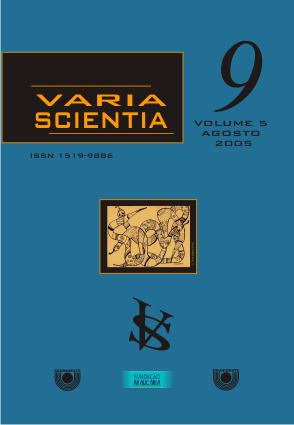The Catholic Church and the worker’s union (CUT)
Keywords:
Igreja Católica, Formação sindical, CUTAbstract
This article has the purpose of contributing to the interpretation of the relations between the Catholic Church in Brazil and the workers’ unions. The study constitutes a theoretical approach through which the place and the role of the unions in the social movements are defined. The starting point is the presupposition that the idea of intervention emerged from the field of tensions that forged the syndical movement, in which the State and civil society are opposed; it is also supposed that the issue of the intervention is object of a dispute among State, unions and organized civil society. From this framework, two great approaches regarding the relations between social movements and unions emerge: while the first emphasizes the political dimension, the second reinforces the social dimension. The article is structured in three parts. In the first, in a historical approach, the marks of the foundation of CNBB are defined. In the second, with the purpose of defining which agents elaborate the idea of intervention, the current debate regarding the theme is raised. Finally, in the third part, with the objective of considering specifically CUT in an ideological perspective, the need of recreating the society and the politics is pointed out. The study shows that the relations between the Catholic Church and the unions are essentially anti-systemic and that they have as their main agent the movements that recreate the civil society.


